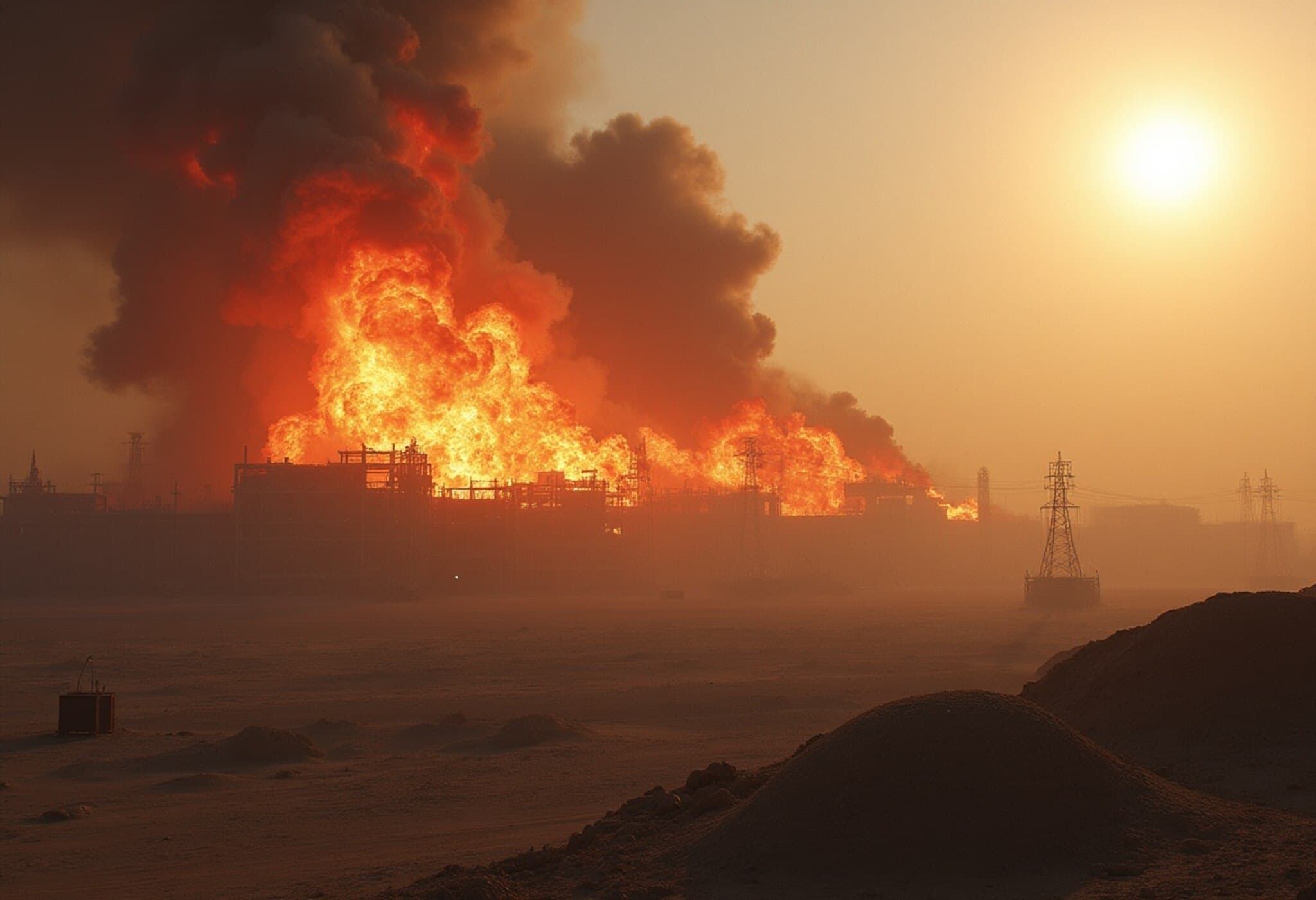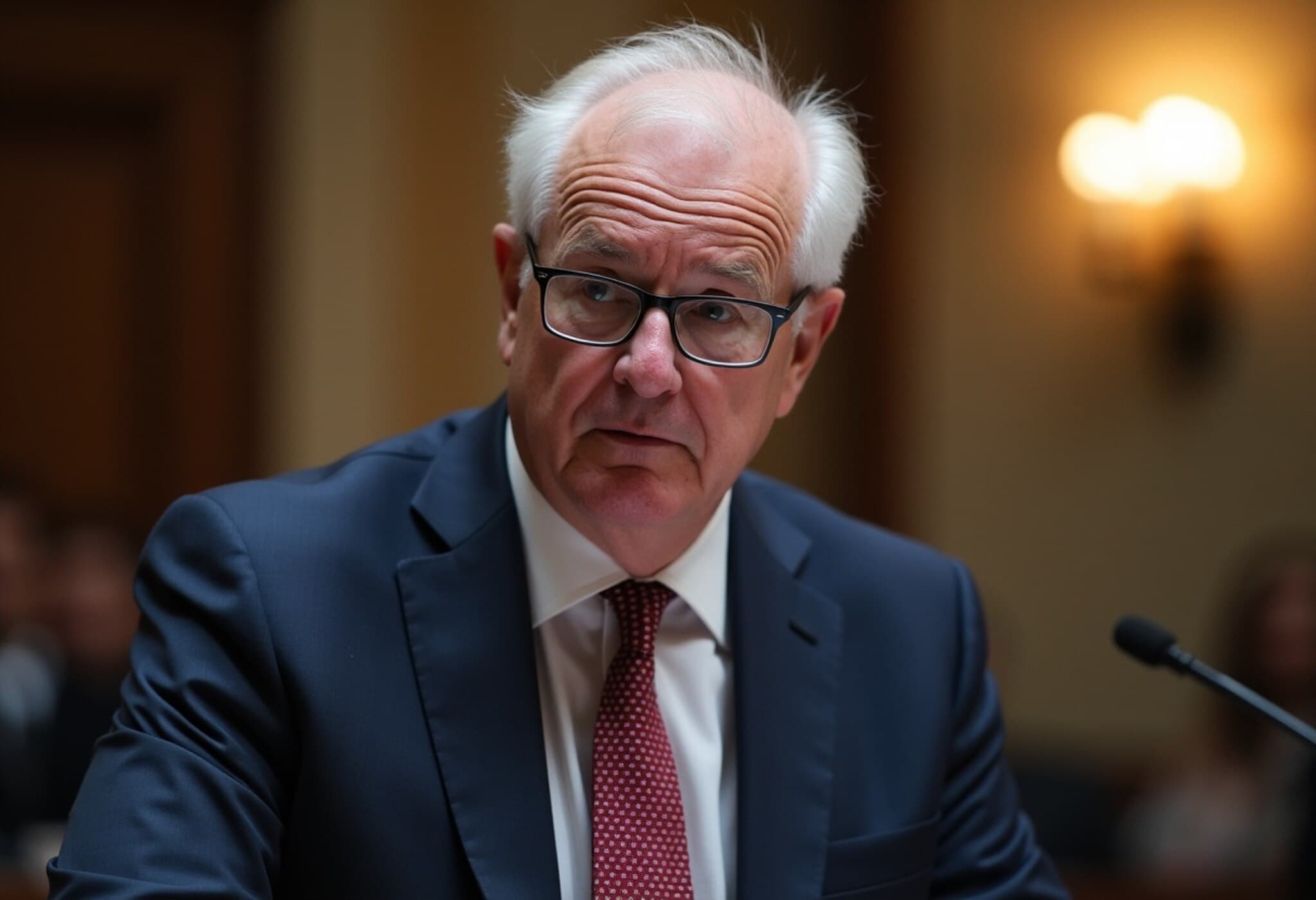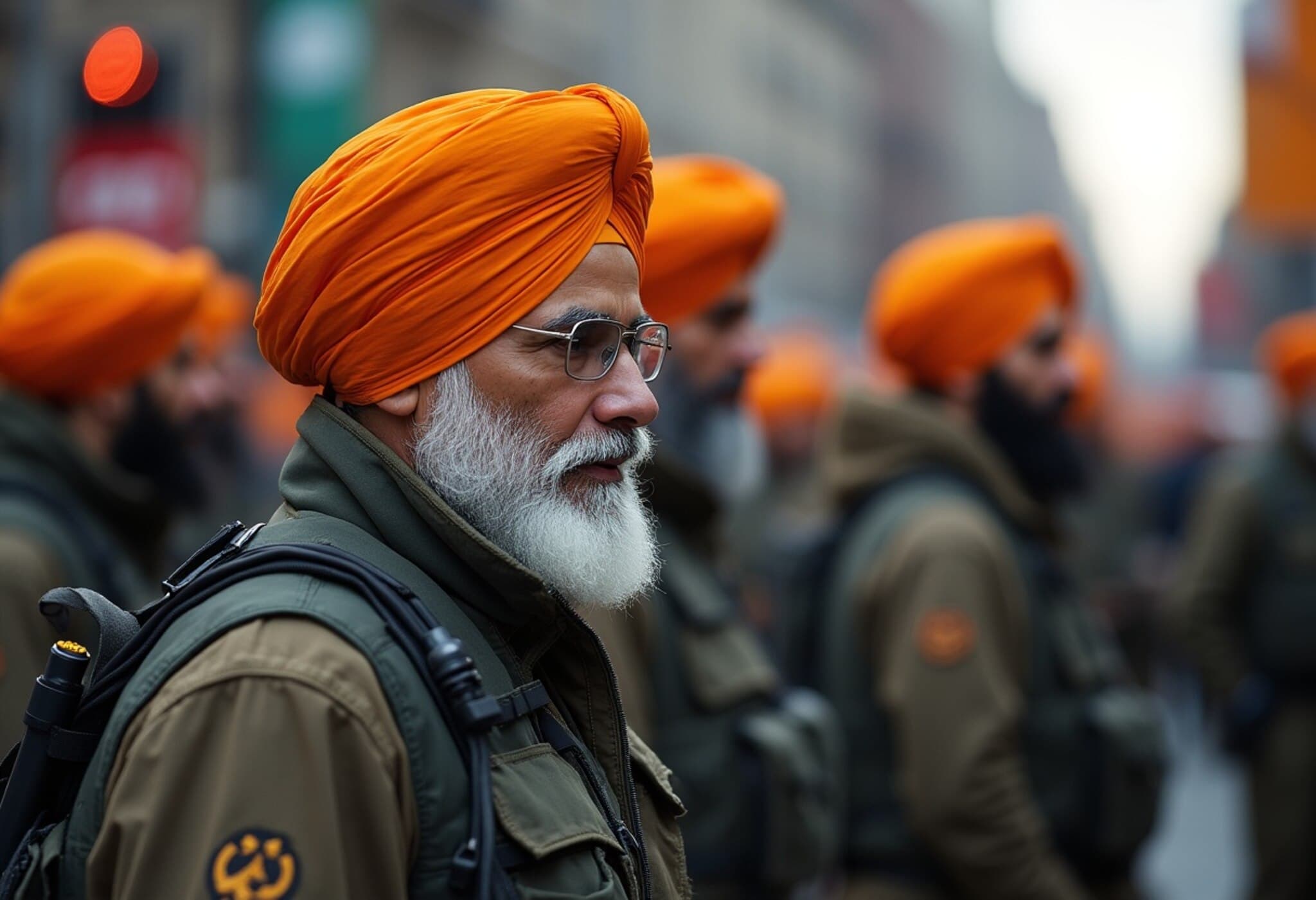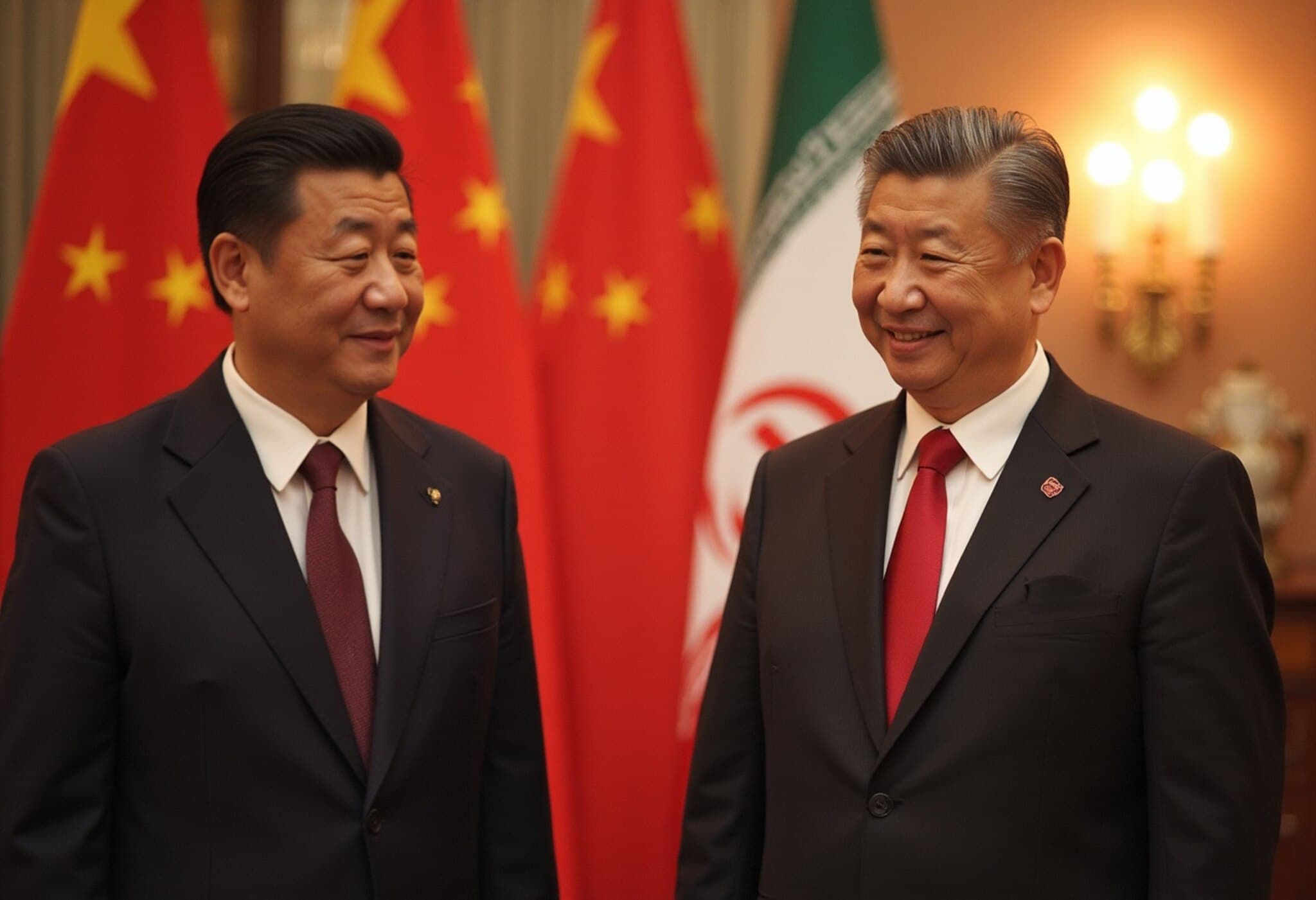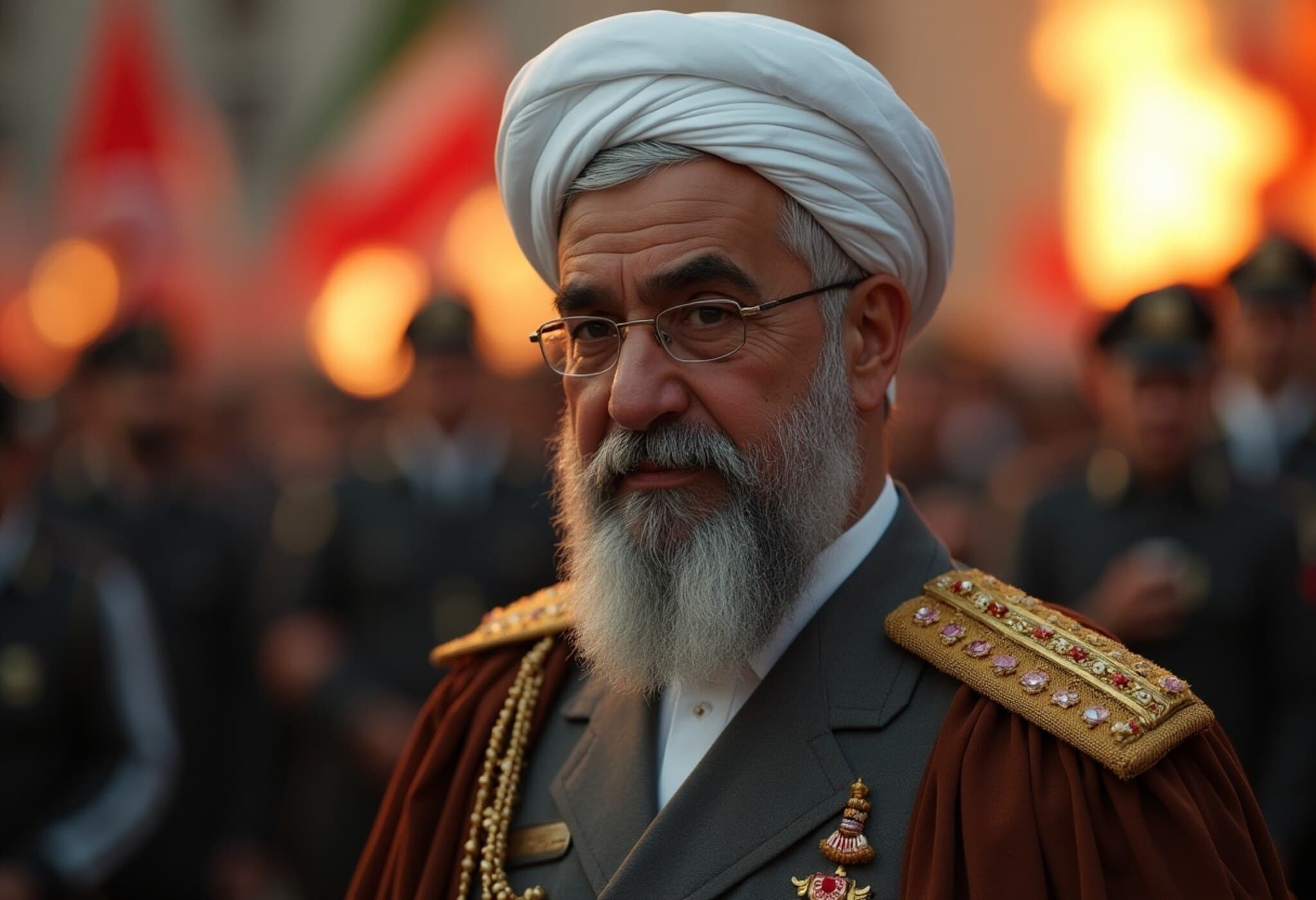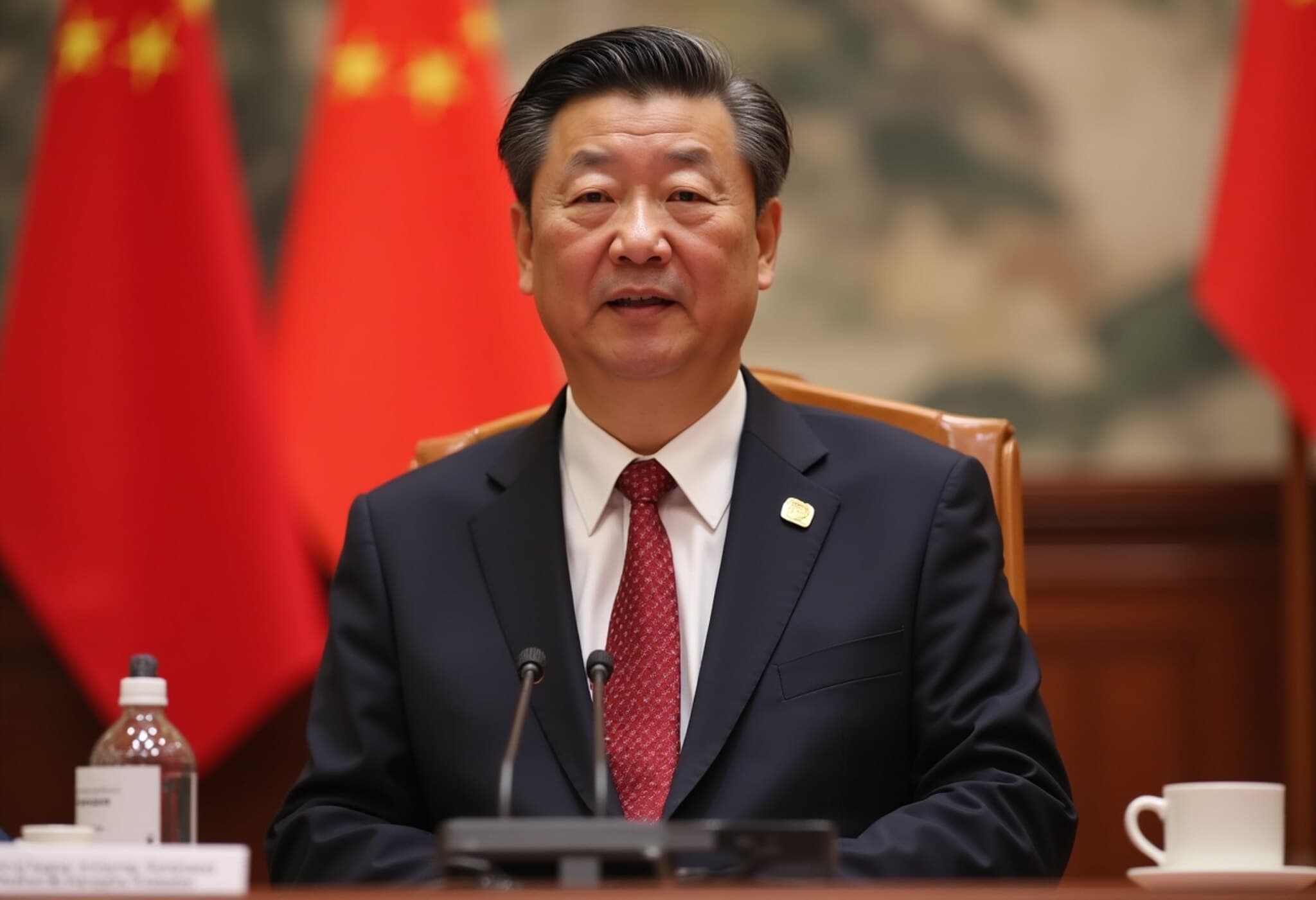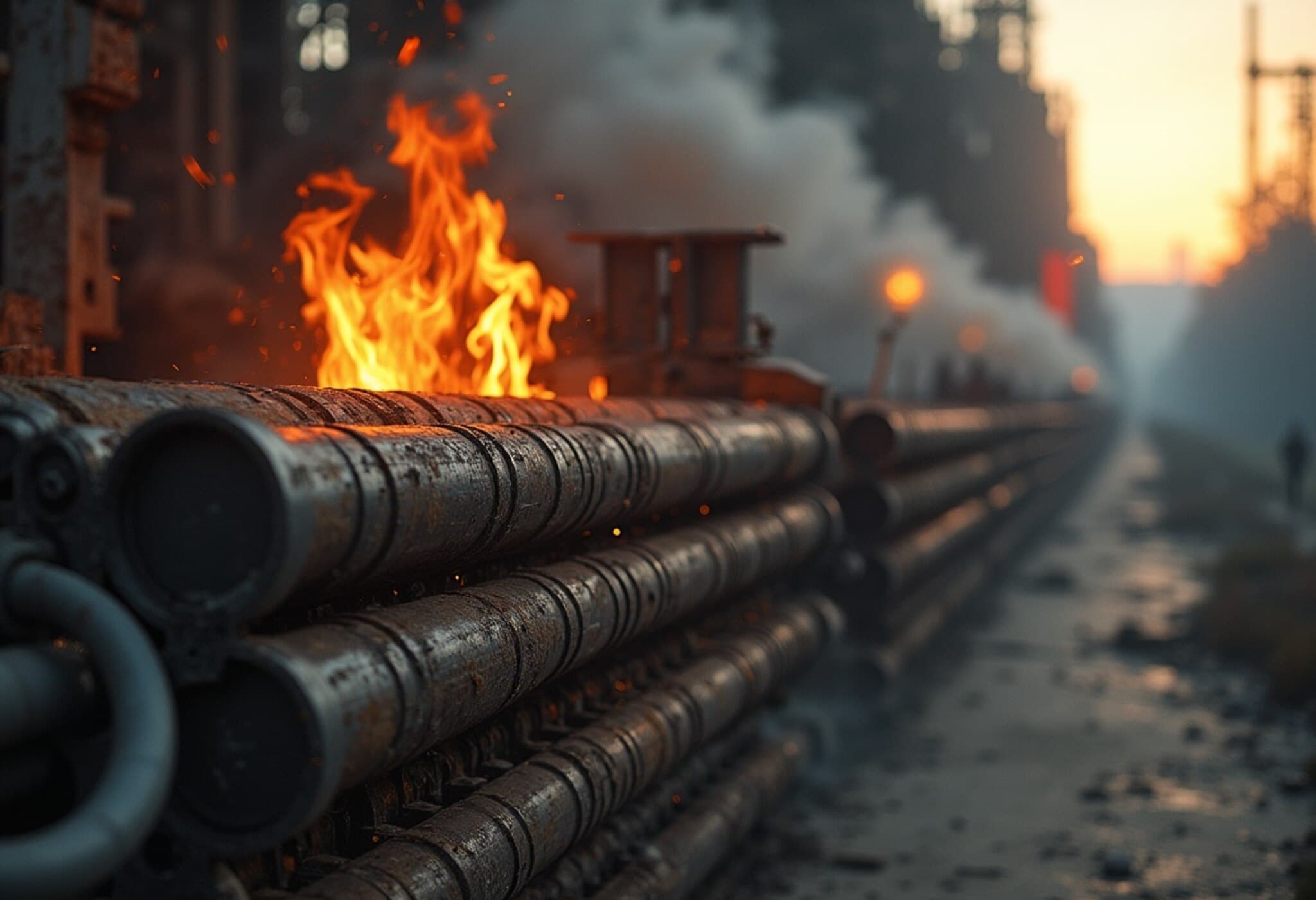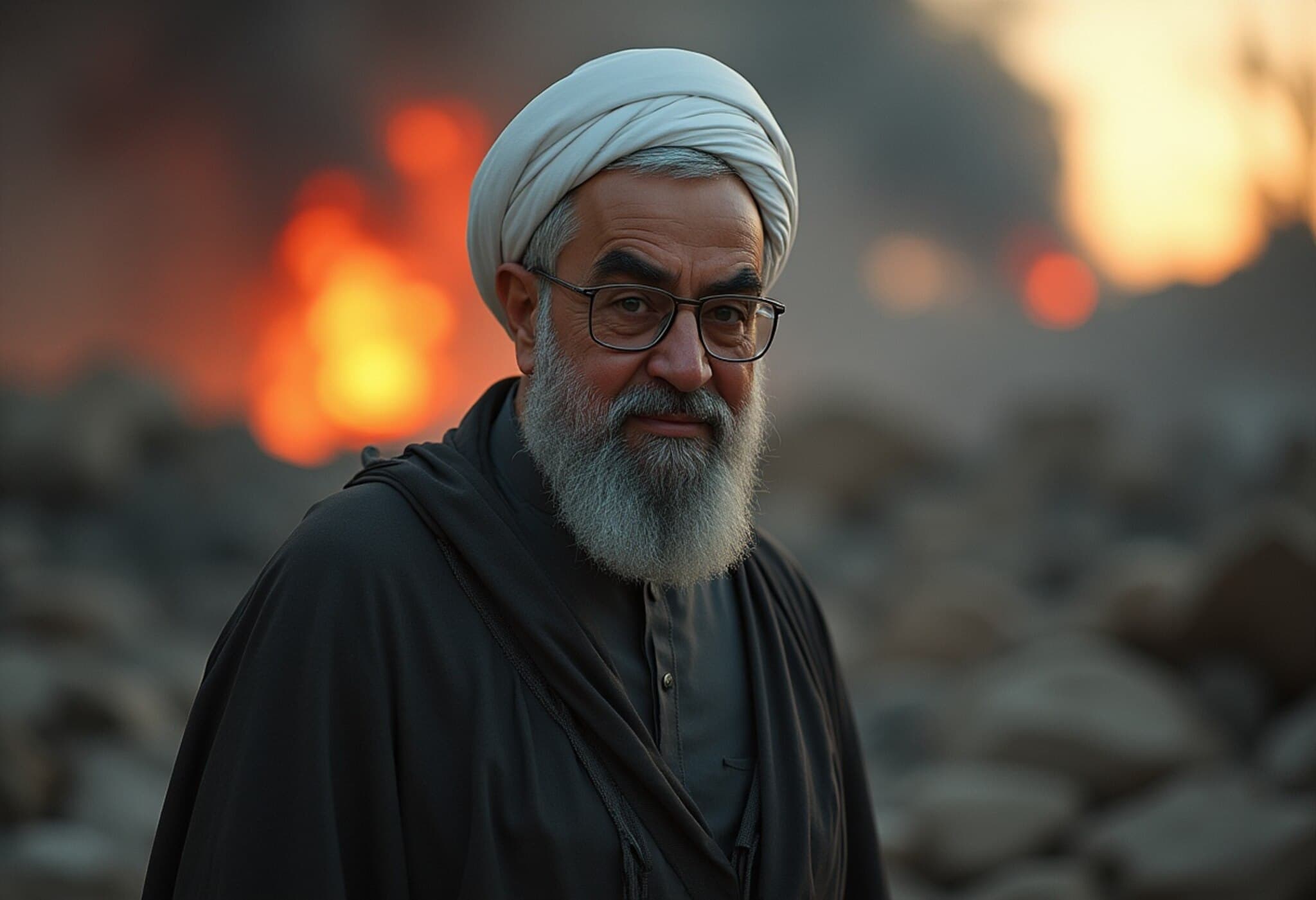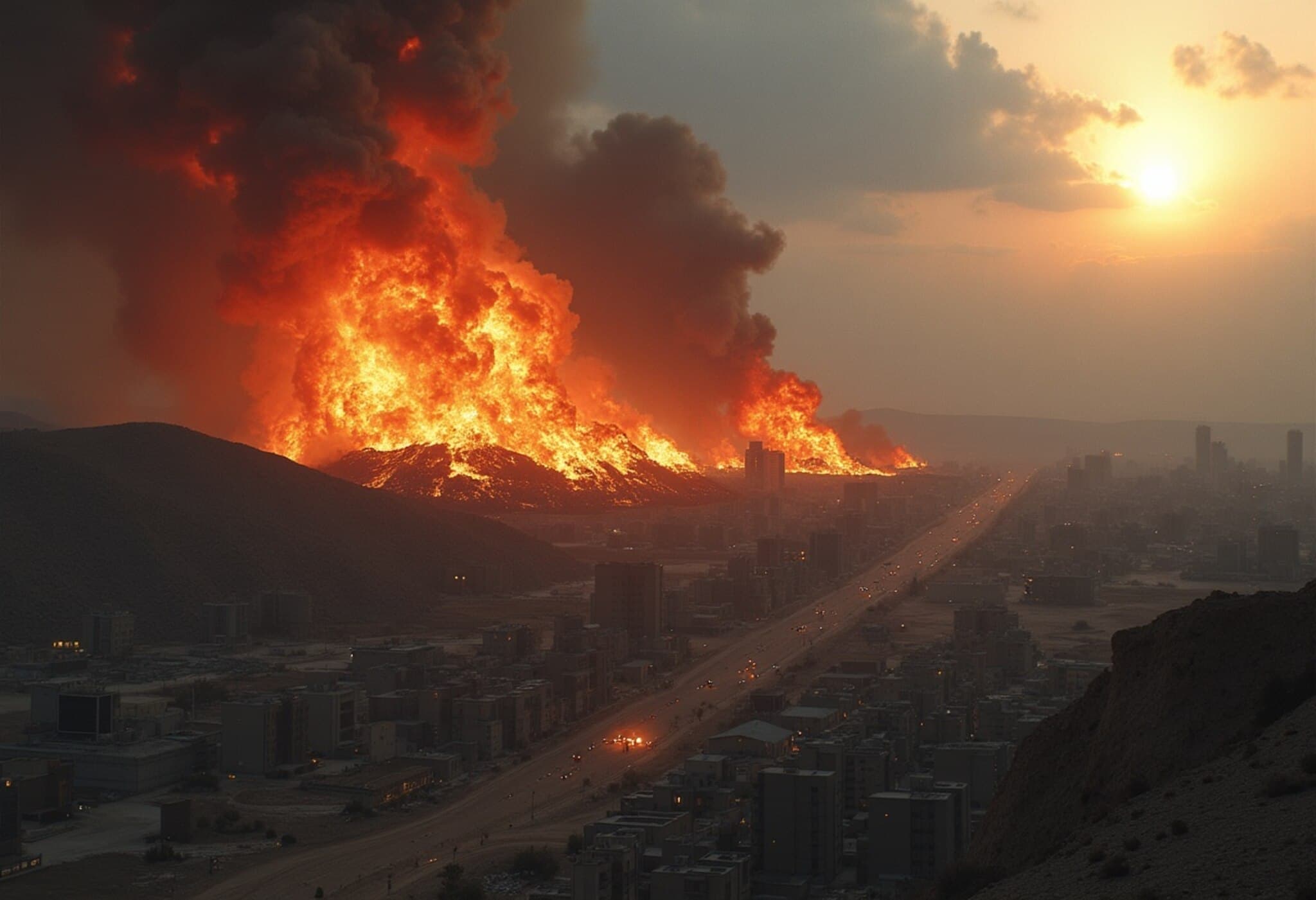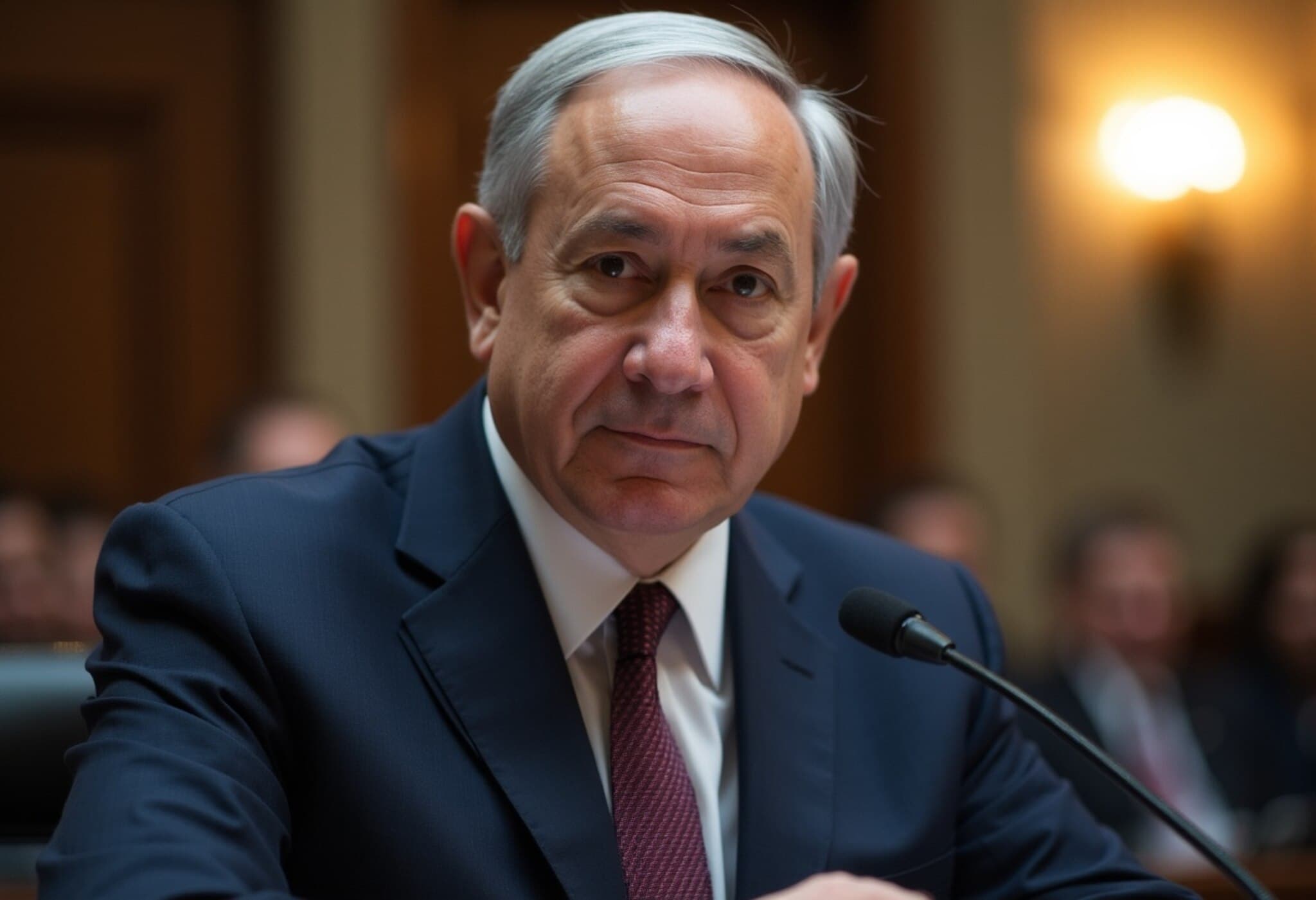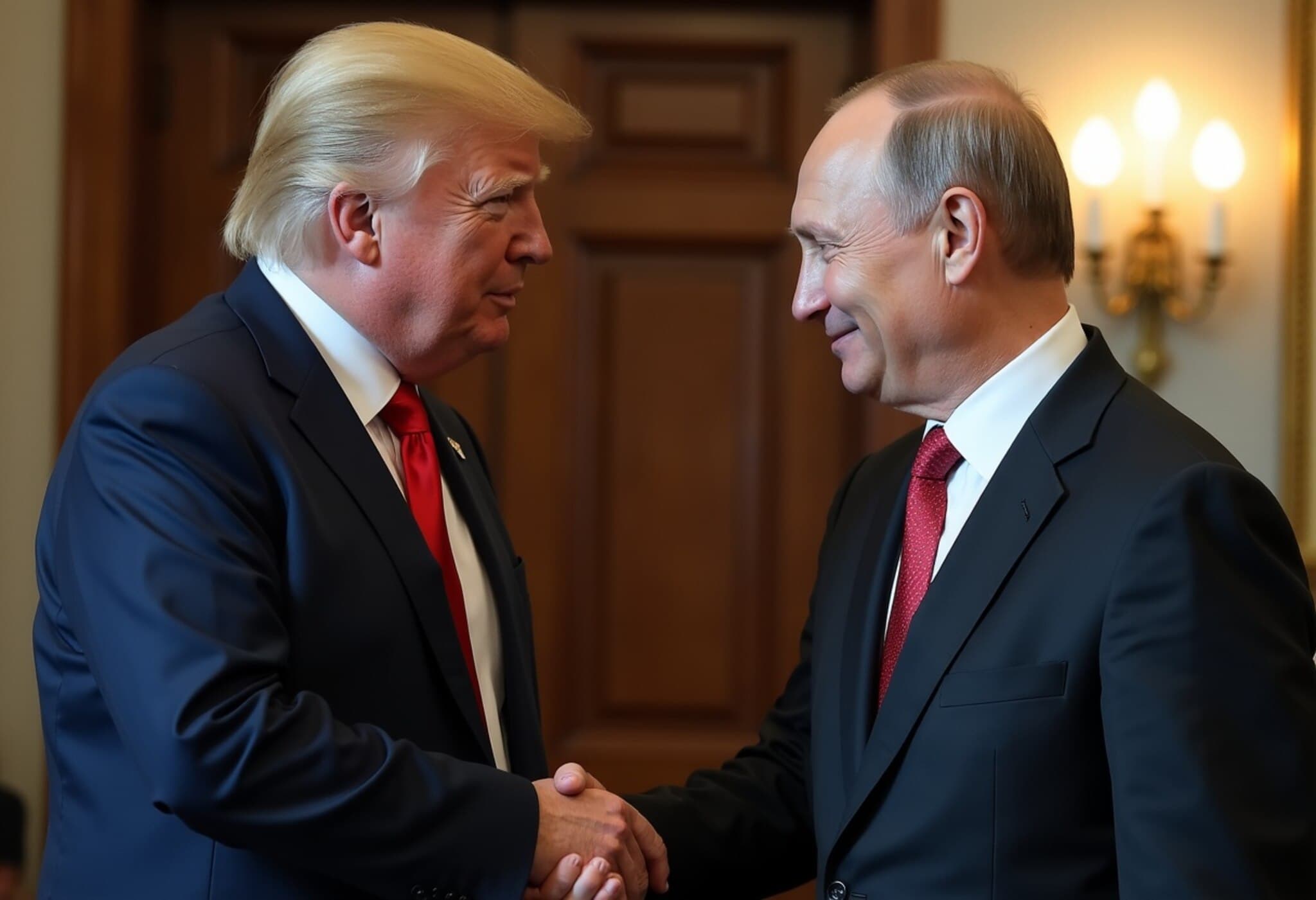Israel's Coordinated Campaign Against Iranian Nuclear Scientists
Since June 13, 2025, Israel has launched a significant operation, named Operation Rising Lion, aimed at disrupting Iran's nuclear advancement by targeting key scientists alongside military strikes on critical infrastructure. In a rare move for such covert activities, Israel openly claimed responsibility for these assaults, signaling a clear strategic message.
Who Were the Targets?
At least 14 prominent Iranian nuclear scientists have been assassinated during this campaign. Notable among them are a theoretical physicist who headed Iran's Islamic Azad University and a nuclear engineer leading the Atomic Energy Organization of Iran. Many of these experts were closely linked to Mohsen Fakhrizadeh, often cited as the architect of Iran's nuclear program and assassinated in 2020.
The Historical Context of Targeting Nuclear Scientists
The tactic of targeting nuclear experts dates back to World War II, when Allied and Soviet forces sought to disrupt Nazi nuclear endeavors by capturing or eliminating scientists to both hamper enemy programs and boost their own. Since then, multiple nations—including the United States, Israel, the United Kingdom, and the Soviet Union—have also engaged in such operations.
Patterns and Precedents
- Nearly 100 documented cases of 'scientist targeting' have occurred globally from 1944 through 2025.
- Scientists from Iranian, Egyptian, and Iraqi nuclear programs have been among the most frequent victims.
- Prior to Operation Rising Lion, ten Iranian nuclear scientists had been killed since 2007.
- Attacks have ranged from assassinations and bombings to covert sabotage.
Distinctive Features of the Current Campaign
Unlike previous episodes, this recent operation combined targeted assassinations with simultaneous military strikes on Iran’s nuclear and energy infrastructure. Moreover, Israel’s direct public acknowledgment of the attacks marks a departure from the usual covert approach.
The assaults have employed varied methods, from shootings and car bombings to the rare use of concealed advanced explosives, as seen in the killing of Fakhrizadeh in 2020.
Strategic Rationale Behind Targeting Scientists
States considering the prevention of nuclear proliferation have many tools at their disposal, including diplomacy, economic sanctions, cyber operations, and military action. Targeting scientists specifically aims to:
- Remove crucial expertise and slow technological progress.
- Inflict operational and morale setbacks.
- Send a deterrent message to other actors supporting proliferation.
Israel’s defense forces have declared these strikes as delivering a "significant blow" to Iran's nuclear capabilities.
Effectiveness and Risks
Despite the apparent logic of disrupting expertise, research suggests that assassinating scientists alone is unlikely to completely halt nuclear development. There likely remain many qualified personnel within Iran's program. Additionally, such attacks can provoke counterproductive effects, such as galvanizing nationalistic support and accelerating nuclear ambitions as a form of retaliation.
Concerns also arise over targeting individuals generally regarded as civilians, which risks international condemnation and heightened tensions.
Current Regional and Political Dynamics
Israel's operation comes amid shifting Middle Eastern power balances. Prior comprehensive Israeli efforts have weakened Iranian proxies and air defenses, especially around Tehran and key nuclear sites.
Iran, facing reduced regional leverage and military resources, has recently expanded its nuclear enrichment capacity, incorporating advanced centrifuge technology and additional enrichment sites despite international diplomatic efforts faltering post-2020.
Outlook for the Future
Given the long-standing nature of such targeting and the current climate of open conflict and strategic rivalry, analysts expect Israel’s tactic of striking Iran’s nuclear scientists and infrastructure to continue as part of broader counterproliferation efforts. The dual approach of tactical assassinations combined with military pressure represents a modern evolution in state efforts to prevent nuclear proliferation.
This analysis examines the complexities and historical context behind Israel's campaign, highlighting both strategic motives and potential consequences of targeting nuclear scientists in the ongoing Iran-Israel conflict.


